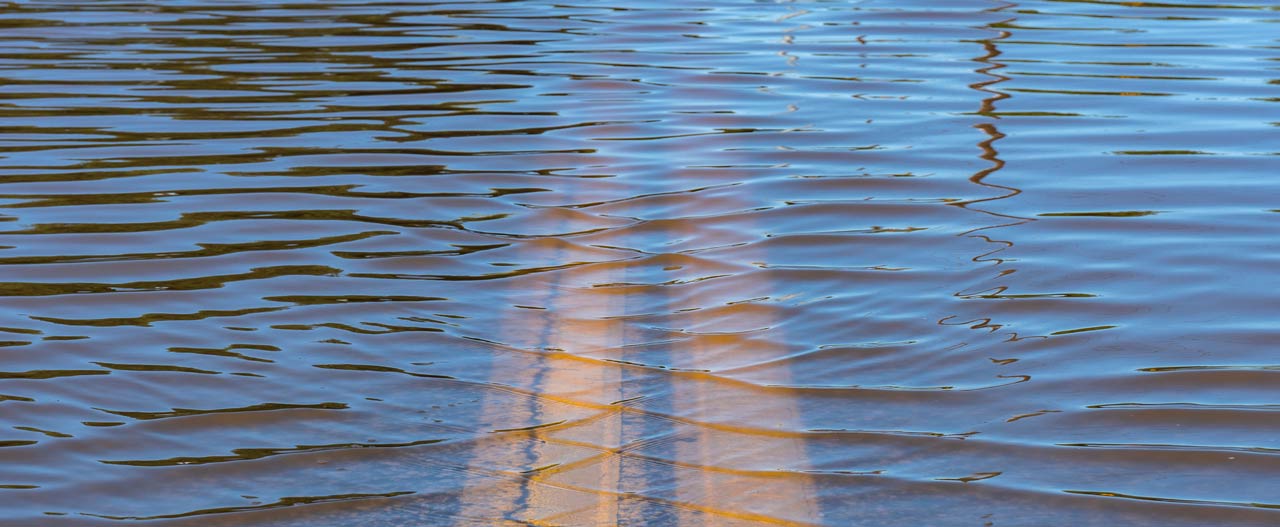- Individuals & Families
- Businesses
- Brokers

With winter on its way out, you may be ready for some spring cleaning.

Make sure you protect your classic cars from damage or additional wear and tear.

Keep your important papers and small valuables away from burglars, fire or natural disaster.

For over a hundred years, we’ve offered unparalleled stability and protection for small boats, yachts, luxury mega-yachts, and more.
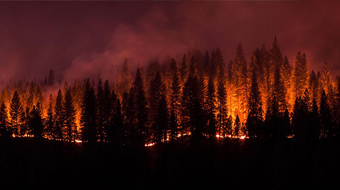
Here are some things you can do to assist firefighters and minimize the damage to your home.

At their worst, disputes between professional service firms and their clients can lead to costly lawsuits.
Flood damage can be mitigated if you and your family take precautionary measures. Here are some steps you can take before, during, and after a flood.
Before a flood
- Know the terms. Know the difference between a Flood Watch, meaning flooding is possible, and a Flood Warning, which means flooding is occurring or will occur soon. This will help you take the necessary steps.
- Maintain an emergency supply kit that will sustain you and your family for a 72-hour period. This kit should include flashlights, a portable radio, extra batteries, non-perishable food, bottled water, cash, blankets, clothing and toiletries.
- Keep all important papers such as legal papers, birth certificates, marriage license, financial papers, and insurance policy information in a safety deposit box, or fireproof and waterproof box on an upper floor inside the home.
- Elevate the furnace, water heater, and electric panel if susceptible to flooding.
- Seal walls in basements with waterproofing compounds to avoid seepage.
During a flood
- If the threat of flood exists, move to higher ground.
- Secure your home. If you have time, bring in outdoor furniture. Move essential items to an upper floor.
- Turn off utilities at the main switches or valves if instructed to do so. Disconnect electrical appliances. Do not touch electrical equipment if you are wet or standing in water.
After a flood
- Avoid tap water until you learn that your community's water supply is safe to drink.
- Avoid floodwaters as water may be contaminated by oil, gasoline, or raw sewage. Water may also be electrically charged from underground or downed power lines.
- Avoid driving through water on the roads.
- Be aware of areas where floodwaters have receded. Roads may have weakened and could collapse under the weight of a car.
- Stay away from downed power lines, and report them to the power company.
- Return home only when authorities indicate it is safe.
- Stay out of any building if it is surrounded by floodwaters.
- Use extreme caution when entering buildings. There may be hidden damage, particularly in foundations.
- Service damaged septic tanks, cesspools, pits, and leaching systems as soon as possible. Damaged sewage systems are serious health hazards.
- Clean and disinfect everything that got wet. Mud left from floodwater can contain sewage.
This information is advisory in nature. No liability is assumed by reason of the information in this document.
Insights and expertise
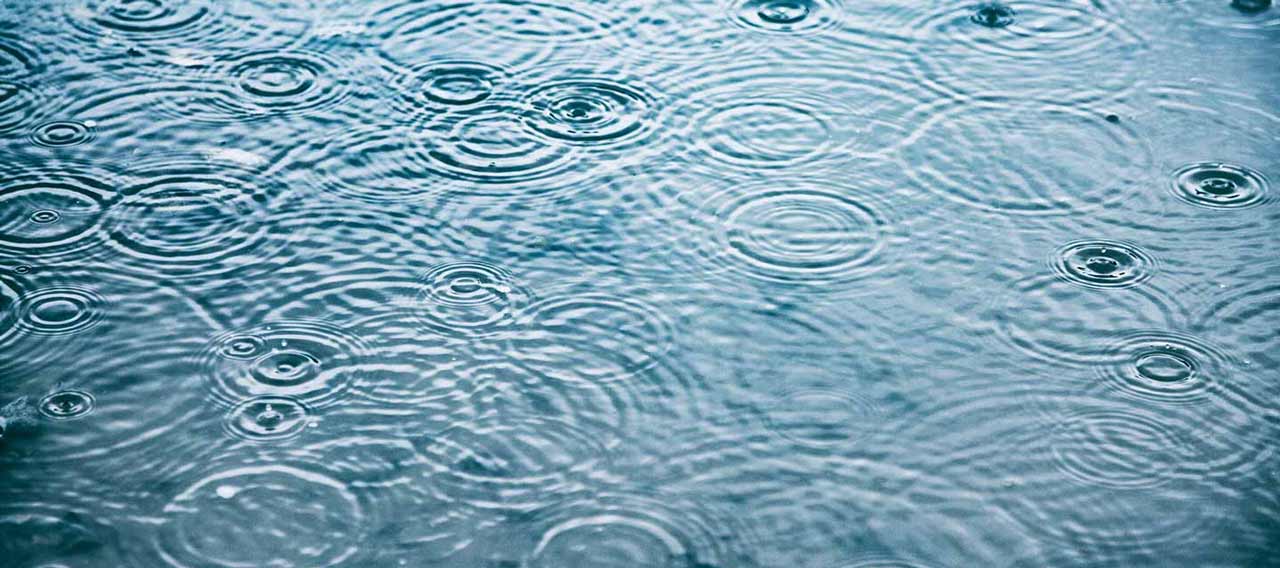
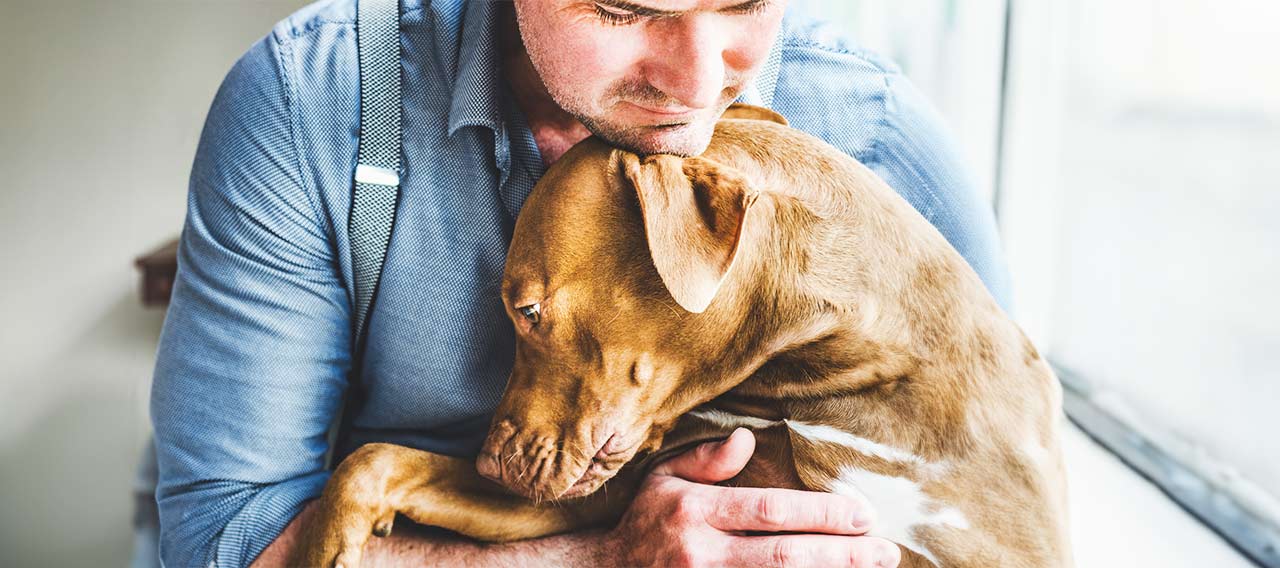
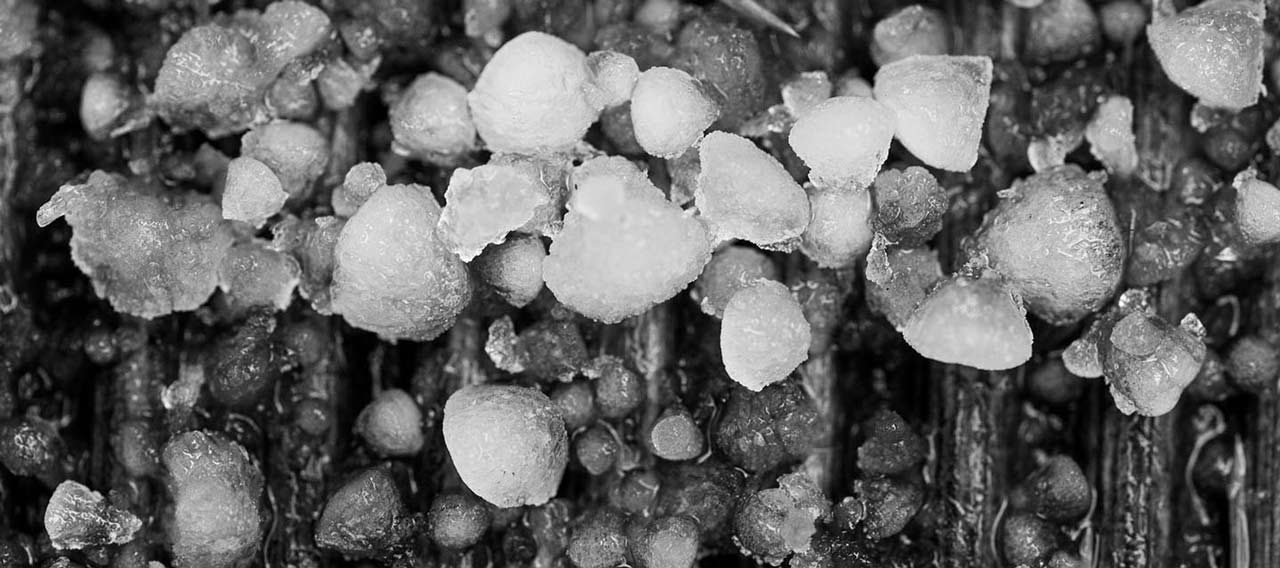
This document is advisory in nature and is offered as a resource to be used together with your professional insurance advisors in maintaining a loss prevention program. It is an overview only, and is not intended as a substitute for consultation with your insurance broker, or for legal, engineering or other professional advice.
Chubb is the marketing name used to refer to subsidiaries of Chubb Limited providing insurance and related services. For a list of these subsidiaries, please visit our website at www.chubb.com. Insurance provided by Chubb Insurance Company of Canada or Chubb Life Insurance Company of Canada (collectively, “Chubb Canada”). All products may not be available in all provinces or territories. This communication contains product summaries only. Coverage is subject to the language of the policies as actually issued.

